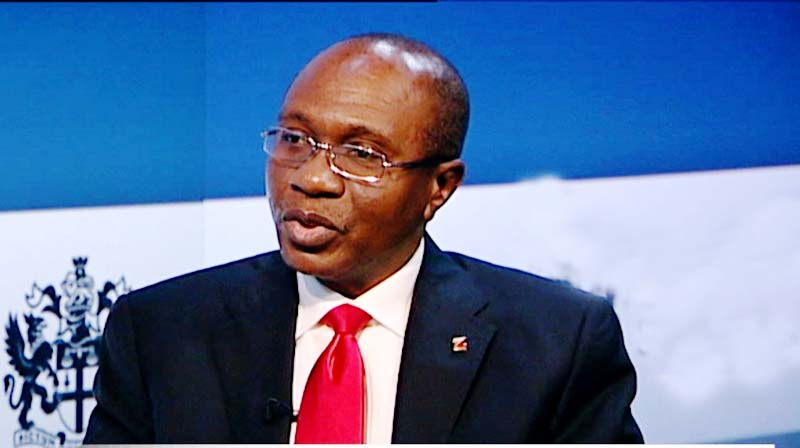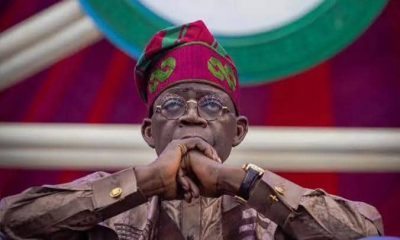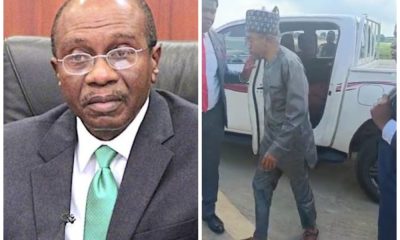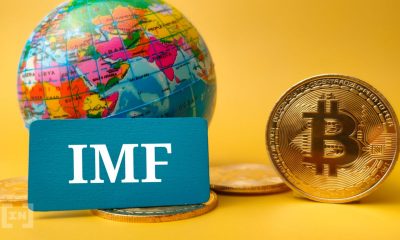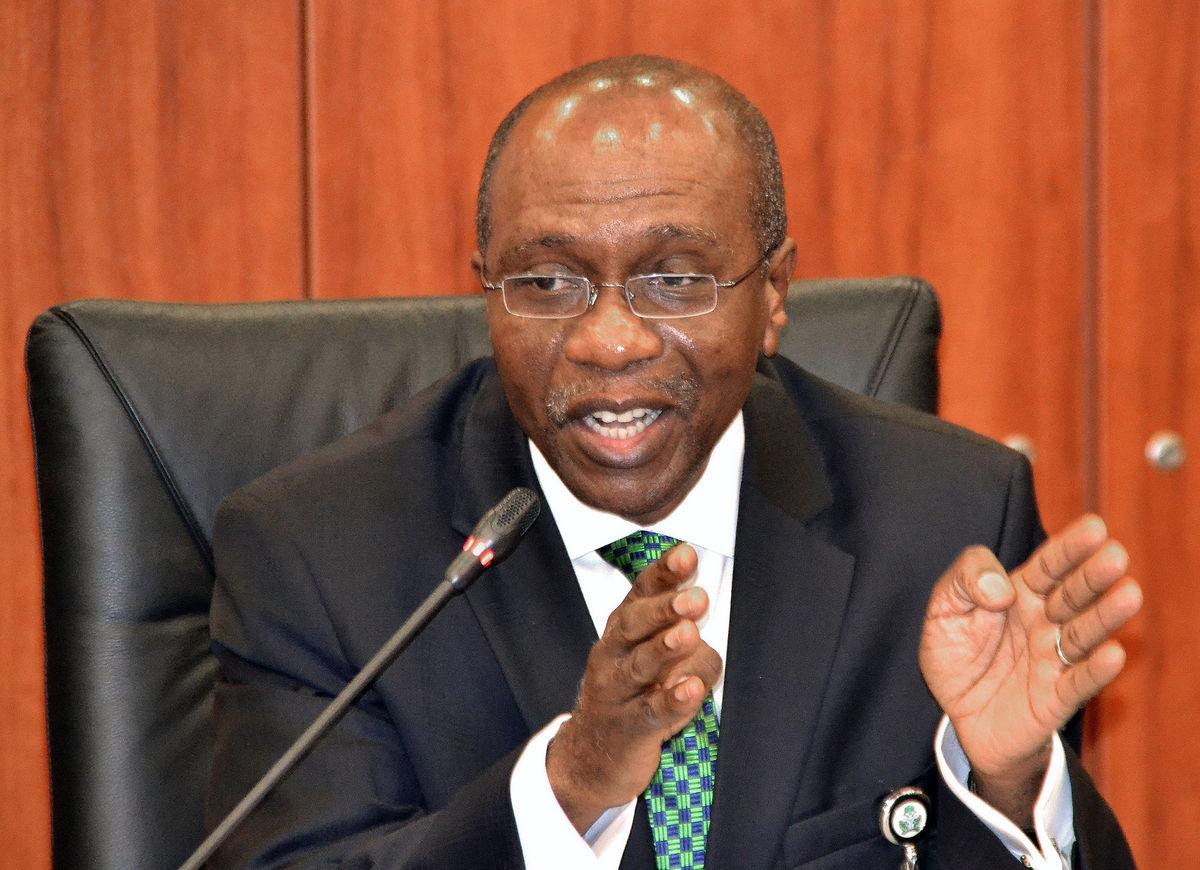Financial experts have warned of the possible consequences of the Central Bank of Nigeria’s (CBN) direct financing of government on inflation and other economic indices.
Recall that the IMF had called on the CBN to discontinue direct financing of government for the country to witness strong economic recovery from recession.
Senior resident representative and mission chief for Nigeria at the IMF, Mr. Amine Mati said for Nigeria to build on the recovery said government should cut down the need for domestic bond issuances; a situation it said is crowding out credit to the private sector.
With increasing fiscal deficit estimated at N2.52 trillion in the first half of 2017, experts expressed reservations over the apex bank’s handling of key monetary and fiscal issues that may plunge the economy into a ditch.
To cushion the impact of these mass and illegal financing of the federal government, experts say, the CBN has been scrambling to evolve policies that would counter the destructive effects of its actions.
Some of these measures, it was gathered include the regular pumping of forex into the foreign exchange market to cater for high demand due to the attendant rise in naira liquidity.
One of the experts, an external member of CBN’s Monetary Policy Committee, Adedoyin Salami, criticised CBN’s “massive injections of cash” to the government, accusing the bank of serving as a “piggy bank” for the government, against its own rules.
Mr. Salami, an economist and faculty member with the Lagos Business School, warned that the CBN was pushing the country towards a serious economic crisis.
He said the CBN’s claims on the federal government under the period amounts to N814bn, which is “twentyfold higher” than what the law permits.
Ironically, the claim of commercial banks, he said, “rose marginally by 0.4% to N4.6 trillion”.
“To prevent the effect of continuous and massive injections of cash to fund the Federal Government showing up in sharply higher inflation and currency weakness, the Central Bank now applies “special auctions” Mr. Salami said.
Another route through which the CBN pumped money to the government, Mr. Salami said, was via the bank’s N454 billion spending on purchase of government’s treasury bills, which he said, had risen by 30 percent.
But the sharpest rise in the figures, according to Mr. Salami, was in the government’s “mirror account” liabilities, which rose “from N3 billion at the end of 2016 to N1.5 trillion in April 2017”.
ALSO SEE: Substandard Tyres: SON warns motorists
Another expert and a member of the MPC, Abdul-Ganiyu Garba, faulted CBN’s monetary policies, accusing it of causing “contradiction or inconsistency problem”.
Mr. Garba, a professor, also indicted the bank for the significant distortions in “the forex market, the money market, the stock market and domestic prices” due to “strong growth in money supply in 2015 and 2016”.
“The coexistence of high interest rate and growth in money supply are unnatural. Indeed, it generates a contradiction or inconsistency problem. Strong growth in money supply in all countries that adopted quantitative easing pushed down interest rates almost to zero,” he said.
At the end of its 258th meeting (fifth this year), the Central Bank of Nigeria’s (CBN) Monetary Policy Committee (MPC) voted to maintain status quo for the seventh consecutive session by retaining the Monetary Policy Rate (MPR) at 14.0%; Asymmetric corridor around the MPR at +200/-500bps; Cash Reserves Ratio (CRR) at 22.5%; and Liquidity Ratio (LR) at 30.0%.

 Football6 days ago
Football6 days ago
 Aviation7 days ago
Aviation7 days ago
 Aviation1 week ago
Aviation1 week ago
 Featured4 days ago
Featured4 days ago
 Comments and Issues5 days ago
Comments and Issues5 days ago
 Education5 days ago
Education5 days ago
 Business5 days ago
Business5 days ago
 Education7 days ago
Education7 days ago
